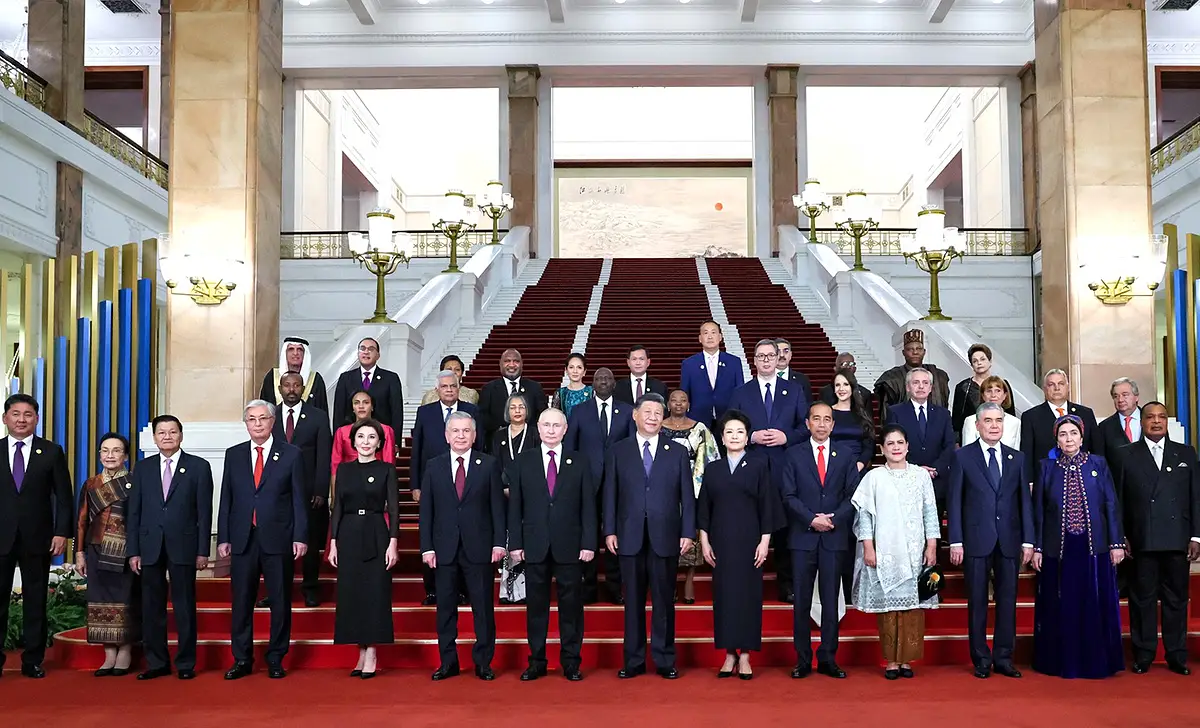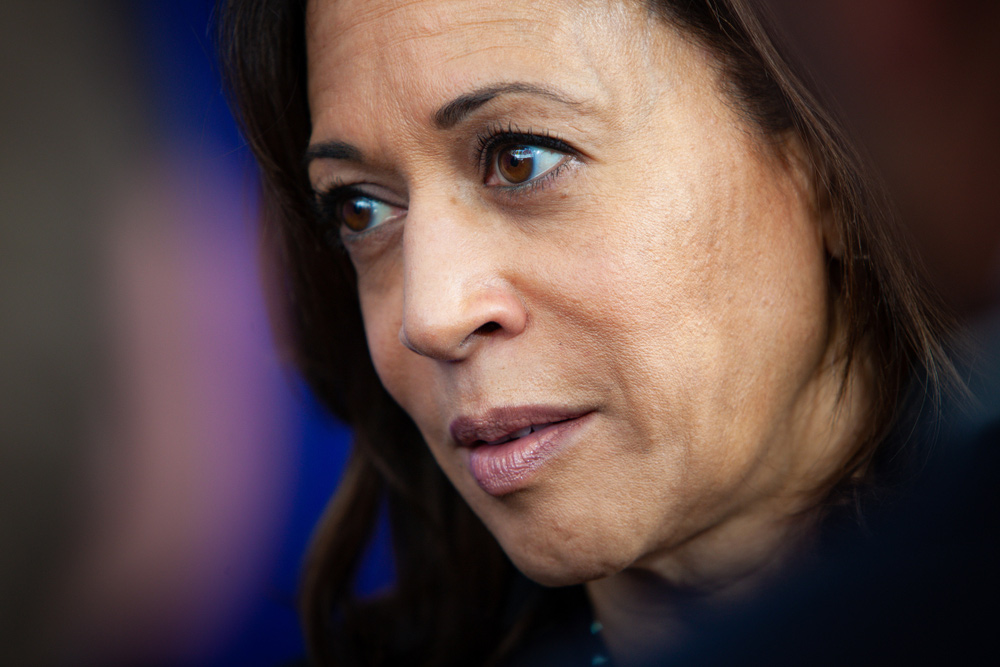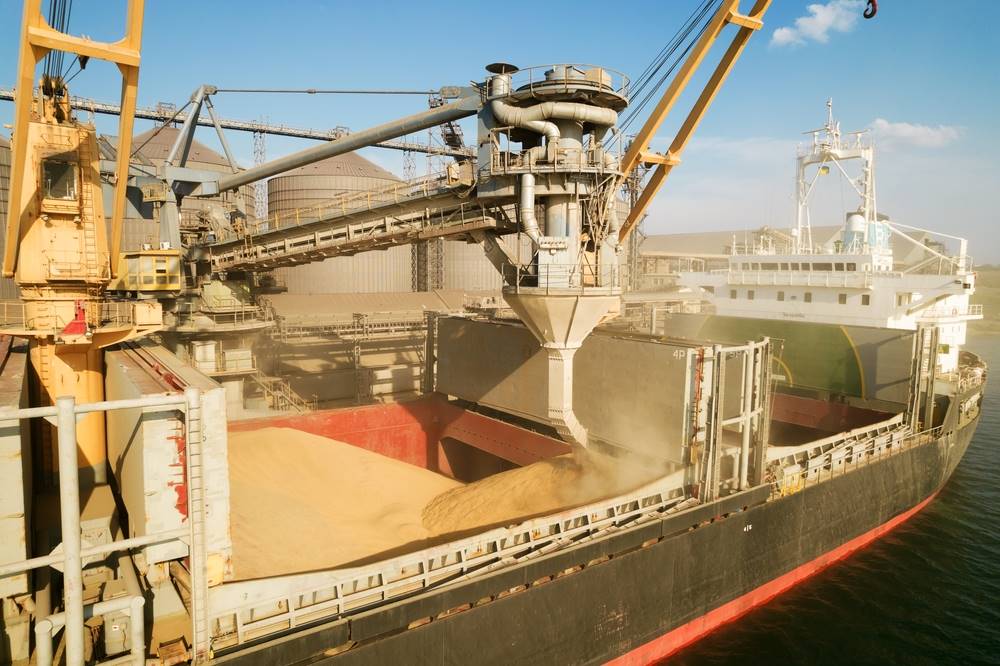Many African economies are facing a period of serious economic distress with a very different character from the debt crisis of the 1980s and 1990s. This time, the People’s Republic of China (PRC) is a major player, and a dramatic decline in PRC lending has compounded economic shocks in the aftermath of Russia’s invasion of Ukraine—just as the continent tries to recover from the pandemic. From 2001 to 2022, PRC financial institutions provided more than $170 billion in credit, loans, and grants to African nations, primarily to fund infrastructure projects tied to the PRC’s Belt and Road Initiative. But new PRC loans to African governments plummeted from $28.4 billion in 2016 to less than $2 billion in 2020 and have continued to decline. African governments are awakening to the fact that opaque PRC lending practices and problematic loan terms have rendered already fragile economies at an increased risk of default. However, this moment of peril also provides an opportunity for African economies to build resilience by diversifying their economic partnerships and seeking out lenders with better terms and different motivations.
I and other CNA analysts from our China Studies and Strategy and Policy Analysis programs have just completed a series of studies on trends in the involvement of the PRC across major sectors in Africa in the context of global shocks. These include the military, mining, infrastructure, and financial sectors. We recently released the report PRC Lending in Africa: Impacts in a Time of Global Shocks. This component of the series focuses on PRC lending to nine African countries. In some cases, PRC loans helped African nations build or upgrade much-needed infrastructure. However, we also found a wide range of PRC lending practices that have contributed to the financial distress and increased the risk of default for African countries ravaged by the global shocks of the last few years. These practices include high interest rates, unfavorable terms, and uncompetitive contracting, most of which is hidden from the public in opaque contracts. And when African countries struggle to repay those loans, PRC lenders have taken inflexible positions that have delayed and hardened terms in renegotiations.
China’s Unforgiving Lenders
Today’s debt troubles have some of their roots in the loan agreements signed when the PRC was eager to plow its excess savings into foreign loans. Often these agreements made the loans due in just 10 years, compared to up to 35 years for loans from the World Bank. Interest rates are often higher, too. For example, the Export–Import Bank of China charged Djibouti a fully commercial rate for the loan to build the Ethiopia-Djibouti railway, higher than multinational lenders like the World Bank charge for loans. The PRC is Djibouti’s largest creditor, holding approximately $1.4 billion in debt, equal to about 45 percent of the country’s GDP. In January 2023, Djibouti suspended debt payments to the PRC, making it the second African nation—after Zambia—to do so.
Often these agreements require loan recipients to give business to PRC contractors—without competitive bidding. The Export–Import Bank of China contract with Kenya to finance the Standard Gauge Railway connecting the port city of Mombasa to the Great Rift Valley stipulated that most construction materials would be purchased from the PRC. The project ended up much more costly than anticipated, increasing from 220 billion to 327 billion Kenyan shillings over a period of three years. The Kenya Court of Appeal found that “the project’s design was manipulated to inflate costs while construction and supervision charges were also overpriced.” Such agreements have helped make China’s construction firms dominant on the continent. A University of London study found that of the 32 major international contractor companies working major construction projects in Ethiopia in 2017, 80 percent were PRC contractors.
Because PRC loan agreements tend to be opaque, the public is usually not even aware of these loan terms. In the case of the Standard Gauge Railway, the loan with the Export–Import Bank of China was signed in 2014, but details about the terms only became publicly known in 2022, preventing oversight from Kenyan politicians or the public. In some cases, those opaque agreements and unethical business practices may contribute to corruption. The Industrial and Commercial Bank of China funded a dam project in Angola while ignoring various potential red flags, including the involvement of the daughter of Angolan President José Eduardo dos Santos. Isabel dos Santos was awarded the $4.5 billion contract to construct the dam by her father’s government in 2015. As of 2023, Angola holds more PRC debt than any other country in Africa. And the World Bank listed Angola as one of seven African countries that it considered to be at high risk of debt distress in 2020.
Our research found that when struggling African nations need to renegotiate their loans, PRC lenders have resisted standard loan forgiveness practices and have slowed debt negotiations. The PRC does not follow typical debt negotiation protocols used by multilateral institutions such as the World Bank. Instead, the PRC prefers bilateral negotiations, often behind closed doors, and strongly resists cutting the total principal owed on loans. Rather, PRC lenders favor extending repayment periods or holding infrastructure as collateral on loans. This has an impact on negotiations with other creditors as well, since lenders want concessions to be shared fairly. Recent negotiations to restructure Chad’s debt with a committee of five bilateral creditors took nearly two years. World Bank and IMF officials claimed that lenders from China unnecessarily delayed the debt deal, an accusation that has come up in debt negotiations with other African countries.
In the long run, however, this difficult period could have an upside for African nations. The reduction in PRC loans provides an opportunity for African countries to diversify, considering new economic partnerships on more favorable terms, with greater transparency and good governance. African nations can use multilateral negotiations to seek out lenders operating with different motivations, lenders that can help them build domestic economic strength and resilience for the future.



